Premium Only Content
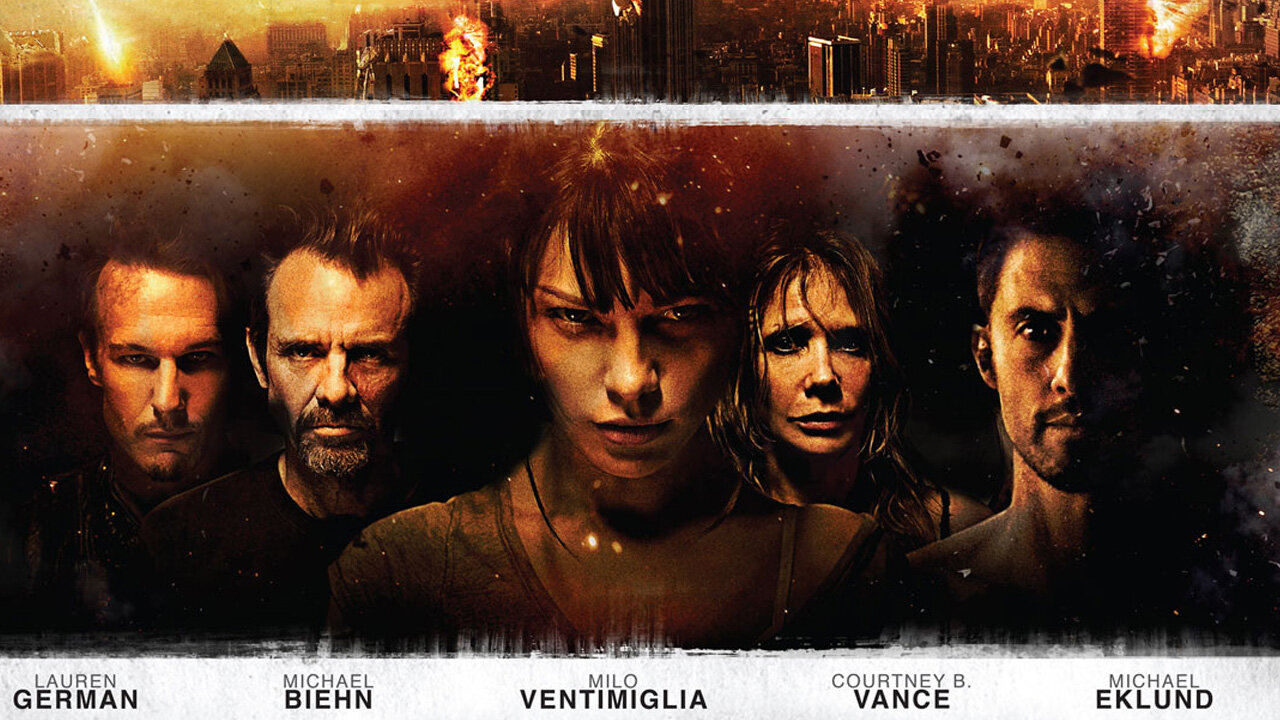
'The Divide' (1998) by Karl Mueller and Eron Sheean
'The Divide', directed by Xavier Gens, is a claustrophobic, brutal, and nihilistic descent into human savagery. Set almost entirely within the confines of a bunker beneath a destroyed New York City, the film begins with a nuclear catastrophe and quickly abandons any pretense of traditional disaster movie tropes. What follows is not a story of survival in the face of adversity, but rather a grim, relentless exploration of moral and psychological collapse when civilization is stripped away.
The setup is deceptively simple: nine residents of an apartment building take refuge in the basement, sealed off from the world above. As the days pass, food dwindles, the air grows toxic, and fear transforms into violence. The film's genius—and its horror—lies in its refusal to offer hope. There are no heroes here, no guiding moral compass. Every character, regardless of initial impression, reveals layers of fear, selfishness, and cruelty.
The performances are raw, often uncomfortable. Michael Biehn as Mickey, the misanthropic building superintendent and unofficial leader, delivers a performance laced with bitterness and buried trauma. Lauren German’s Eva offers a slow-burning arc, shifting from passivity to a hardened clarity, but even her presence is not a beacon of light so much as a silent witness to the collective unraveling. As the more volatile characters, Milo Ventimiglia and Michael Eklund embody an escalating depravity that is hard to watch but impossible to ignore. Eklund, in particular, is terrifyingly convincing as Bobby, a man who seems to relish the breakdown of rules and identity.
What 'The Divide' does best is evoke a sense of entrapment, not just physically but existentially. The cinematography accentuates this with grim, low lighting and a palette drained of life. The walls feel closer with every scene, and the sound design amplifies the silence and screams in equal measure. Gens directs with a cold eye, refusing to look away from the worst of human behavior. There are no cathartic moments, no redemptive speeches, no restoration of order. The film asks: what happens when people are left alone with nothing but their fears, their instincts, and each other? The answer it gives is ugly, but disturbingly believable.
That same bleakness is what alienates some viewers. 'The Divide' is not an easy film to watch, nor does it want to be. It does not moralize or contextualize its characters' descent into madness with grand philosophical gestures. Instead, it confronts the audience with something much harder to accept—that in extreme conditions, civilization is a thin, fragile mask.
In the end, 'The Divide' is less about the apocalypse than it is about what it exposes. Gens has created a harrowing vision of survival stripped of dignity, where the real horror is not the end of the world, but the mirror it holds up to human nature. It is uncompromising, disturbing, and unrelentingly grim, but it is also honest in a way that few genre films dare to be. For those willing to face it, the film offers no comfort, only the echo of our own potential for darkness.
-
 LIVE
LIVE
The Bubba Army
2 days ago90K Honor Charlie Kirk At Memorial - Bubba the Love Sponge® Show | 9/22/25
4,611 watching -
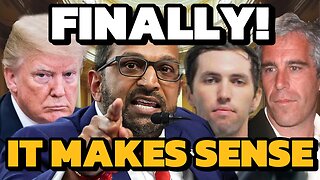 38:21
38:21
Stephen Gardner
2 days ago🔥Is Kash Patel HIDING DETAILS About Charlie Kirk & Jeffrey Epstein? Judge Joe Brown
60.6K171 -
 26:33
26:33
DeVory Darkins
1 day ago $55.25 earnedRep Omar EMBARRASSES herself in a painful way as Newsom PANICS over Kamala confrontation
88.6K304 -
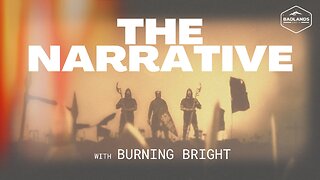 3:28:14
3:28:14
Badlands Media
1 day agoThe Narrative Ep. 39: The Sovereign Mind
120K38 -
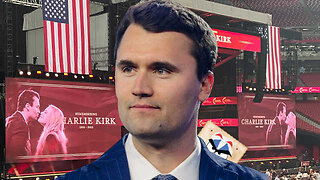 2:17:35
2:17:35
TheSaltyCracker
11 hours agoThe Charlie Kirk Effect ReeEEStream 9-21-25
128K328 -
 2:03:07
2:03:07
vivafrei
10 hours agoEp. 283: Charlie Kirk Memorial and other Stuff in the Law World
227K191 -
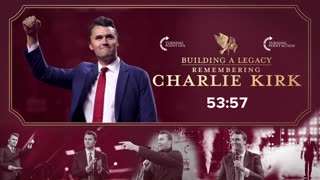 9:13:12
9:13:12
The Charlie Kirk Show
21 hours agoLIVE NOW: Building A Legacy, Remembering Charlie Kirk
2.18M950 -
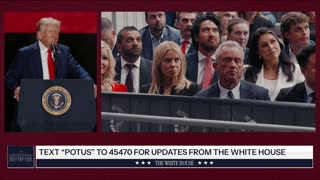 1:55:20
1:55:20
The White House
14 hours agoPresident Trump Participates in the Memorial Service for Charlie Kirk
114K95 -
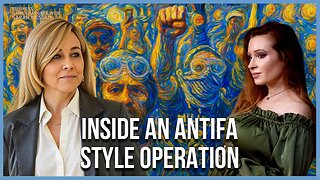 1:02:41
1:02:41
Sarah Westall
12 hours agoDomestic Terror Operation: Death Threats, Smear Campaigns, Gang Stalking w/ Journalist Sarah Fields
65.3K10 -
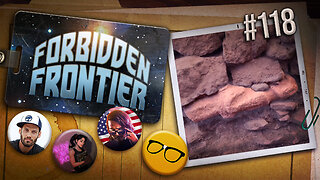 1:51:40
1:51:40
Nerdrotic
13 hours ago $24.63 earnedGobekli Tepe Discovery and "Reconstruction" | Forbidden Frontier #118
106K10